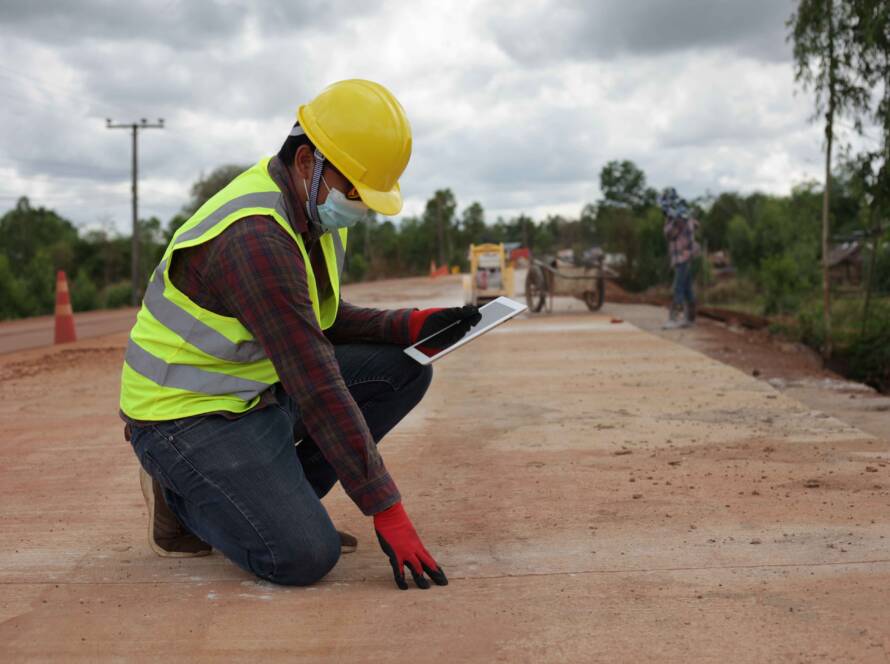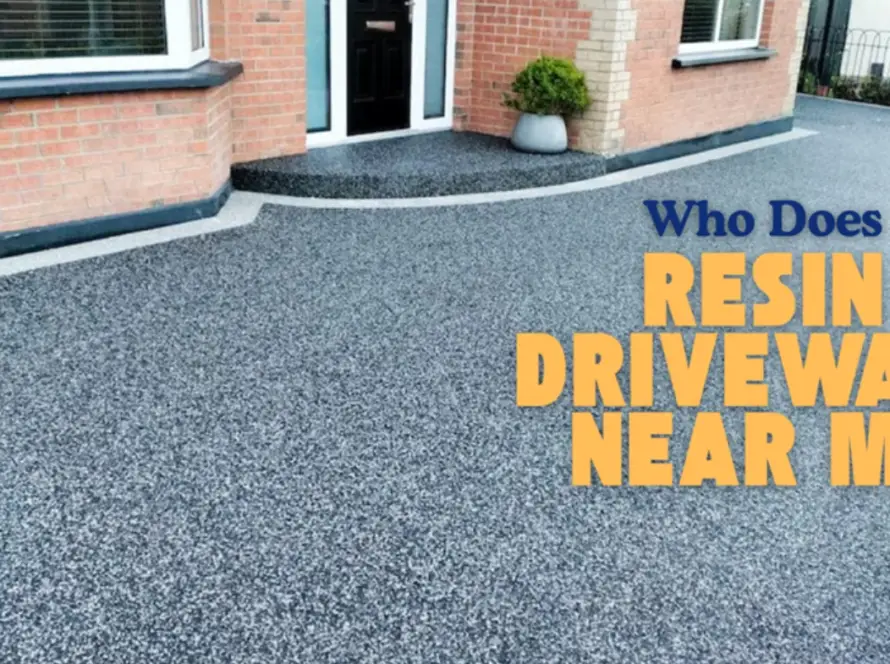Poor road surfacing can have a significant impact on the environment, leading to various issues that affect both the natural world and human society. When roads are not properly maintained or constructed using inferior materials, they can contribute to a range of problems, including increased air pollution, soil erosion, and water contamination. As commercial tarmac contractors in Hertfordshire, it is essential to understand these issues and work towards minimizing the environmental impact of road surfacing projects.
Air Pollution and Greenhouse Gas Emissions
One of the primary environmental concerns associated with poor road surfacing is increased air pollution and greenhouse gas emissions. When roads are in disrepair, vehicles must work harder to navigate the uneven surfaces, leading to higher fuel consumption and emissions. Some key factors that contribute to this problem include:
- Rough, uneven surfaces that cause vehicles to consume more fuel
- Potholes and cracks that damage vehicles, leading to inefficient operation
- Loose debris on the road that can be kicked up into the air, contributing to particulate matter pollution
By investing in high-quality tarmac surfacing in Hertfordshire, road managers can help to reduce these issues and promote cleaner air for the community.
Soil Erosion and Degradation
Another significant environmental impact of poor road surfacing is soil erosion and degradation. When roads are not properly constructed or maintained, they can cause damage to the surrounding soil in several ways:
1. Inadequate drainage systems can lead to water pooling on the road surface, which can then overflow and erode the soil on the sides of the road.
2. Poorly constructed roads can cause soil compaction, reducing its ability to absorb water and support plant life.
3. Debris and pollutants from the road can wash into the surrounding soil, contaminating it and harming local ecosystems.
To mitigate these issues, tarmac driveway contractors in Hertfordshire should prioritize proper drainage systems and use high-quality materials that minimize soil disturbance.
Water Contamination and Runoff
Poor road surfacing can also contribute to water contamination and runoff issues. When roads are in disrepair, they can allow pollutants such as oil, grease, and heavy metals to accumulate on the surface. During rain events, these pollutants can then be washed into nearby streams, rivers, and lakes, harming aquatic ecosystems and contaminating drinking water sources.
To address these concerns, car park tarmac services in Hertfordshire should incorporate features such as:
- Permeable pavement systems that allow water to filter through the surface and into the ground, reducing runoff
- Bioretention areas and swales that capture and filter stormwater before it enters local waterways
- Regular maintenance and cleaning to remove pollutants from the road surface
The Importance of Sustainable Road Surfacing Practices
“The environmental impact of transportation infrastructure is a critical issue that requires the attention of both road managers and the public. By prioritizing sustainable road surfacing practices, we can work towards a cleaner, healthier future for our communities and the planet as a whole.” – Jane Smith, Environmental Scientist
As the quote above highlights, sustainable road surfacing practices are essential for minimizing the environmental impact of transportation infrastructure. Tarmac pathway contractors in Hertfordshire can play a key role in promoting these practices by:
- Using recycled and eco-friendly materials in their projects
- Implementing green infrastructure features such as permeable pavement and bioretention areas
- Educating clients and the public about the environmental benefits of sustainable road surfacing
By working together to prioritize these practices, tarmac installation professionals in Hertfordshire can help to create a more sustainable future for the region and beyond.
In conclusion, the environmental impact of poor road surfacing is a significant concern that requires the attention of both road managers and the public. By prioritizing high-quality materials, proper drainage systems, and sustainable practices, commercial tarmac contractors in Hertfordshire can help to minimize air pollution, soil erosion, water contamination, and other environmental issues associated with transportation infrastructure. Through a commitment to environmental stewardship and innovative solutions, the road surfacing industry can play a vital role in promoting a cleaner, healthier future for our communities and the planet as a whole.



